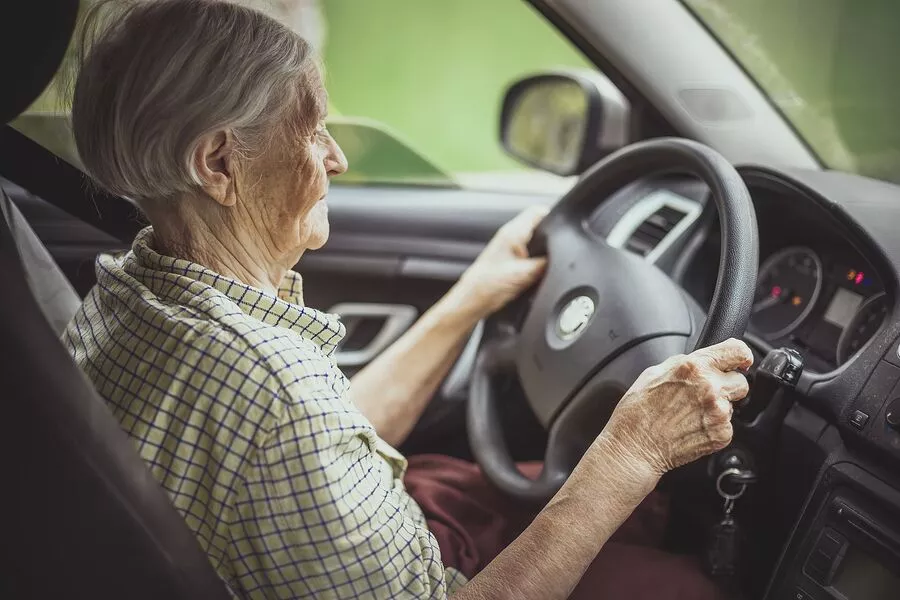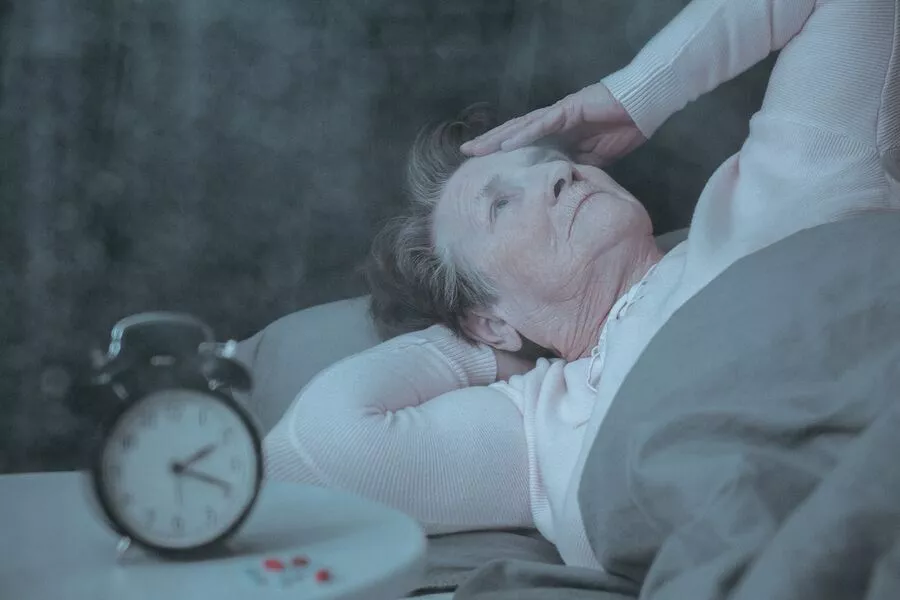Choosing the right home care agency for a loved one can be a daunting task. With so many options available, it can be overwhelming to know where to start. However, by considering a few key factors, you can make an informed decision and find a home care agency that meets your loved one’s unique needs.
- Determine Your Loved One’s Needs
Before you start searching for a home care agency, it’s important to determine your loved one’s specific needs. Are they recovering from an injury or surgery? Do they have a chronic illness? Are they dealing with cognitive decline? Understanding your loved one’s situation and the level of care they require will help you narrow down your search and find an agency that offers the appropriate services.
- Research Home Care Agencies
Once you know what type of care your loved one requires, you can start researching home care agencies. Look for agencies that specialize in the type of care your loved one needs, such as dementia care or post-surgery care. You can also ask for referrals from friends, family, or healthcare providers.
- Check the Agency’s Reputation
When choosing a home care agency, it’s essential to check their reputation. Look for reviews online, and ask the agency for references from previous clients. You can also check the agency’s accreditation and licensing status to ensure that they meet the necessary standards.
- Consider the Caregiver’s Qualifications
The caregiver who will be providing care for your loved one is a crucial factor to consider. Ask the agency about their caregiver screening process and training. Look for agencies that employ caregivers who are licensed, bonded, and insured. You should also consider the caregiver’s experience and expertise in providing care for your loved one’s specific needs.
- Evaluate the Agency’s Communication and Support
Effective communication and support are essential for a successful home care experience. Look for an agency that provides clear and consistent communication with you and your loved one. They should also have a support system in place to address any concerns or issues that arise.
In conclusion, selecting a home care agency is an important decision that requires careful consideration. By understanding your loved one’s needs, researching agencies, checking their reputation, considering caregiver qualifications, and evaluating their communication and support, you can find an agency that provides the high-quality care your loved one deserves.









